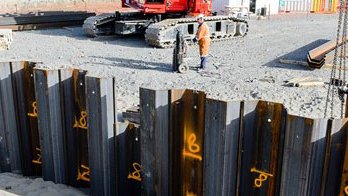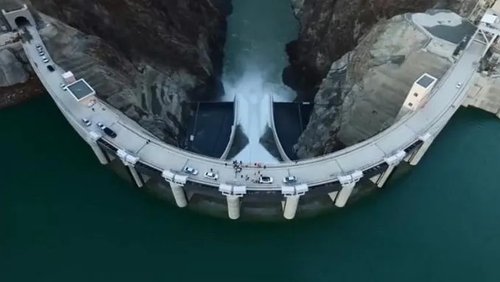Date: |
03 Jul 2025, 7.00PM – 8.30PM |
duration: |
1 hr 30 mins |
Venue: |
Manifold Coworking Space |
Address: |
49 Currie Street New Plymouth |
Cost: |
Free event |
Presented by Sateesh Pisini, the presentation provides a comprehensive review of various strategies and frameworks for sustainable decision-making in road infrastructure design, with a focus on evaluating environmental and socio-economic impacts using the Triple Bottom Line (TBL) approach across elements such as road embankments, pavements, and earth-retaining structures.
Civil engineering has historically shaped vast infrastructure, urban areas, and facilities, yet these processes are resource and fuel intensive, with the construction industry accounting for 30-40% of resources in industrialized nations. The transportation sector globally significantly contributes to carbon emissions, comprising about 24% of global energy-related CO2 emissions. While road infrastructure and construction emit fewer direct emissions compared to vehicles, the construction process generates considerable carbon emissions, mainly through fossil fuel use. In New Zealand, transportation is a major carbon emitter, responsible for approximately 47% of energy-related CO2 emissions in 2019.
Road infrastructure plays a pivotal role in fostering economic growth, societal welfare, and environmental preservation, but increasing concerns about environmental impacts have shifted focus towards sustainability. Decision-makers will need to prioritize effective measures to design and build sustainable road infrastructure. The Triple Bottom Line (TBL) approach has emerged as a holistic framework for project evaluation based on economic, social, and environmental criteria. However, its application to road infrastructure sustainability remains fragmented, with varied interpretations and strategies across different contexts. Road transport infrastructures retain their critical role, prompting discussions on aligning road infrastructure development with TBL sustainability requirements.

Presenter, Sateesh Pisini is a Chartered Civil Engineering professional specialised in Geotechnical Engineering with over 15 years of experience across industry and academia in Asia and the Pacific. He currently serves as a Senior Academic in Civil Engineering at WITT, New Plymouth, and is pursuing doctoral research at Massey University’s School of Built Environment, focusing on sustainability assessment of road infrastructure.
Join the Taranaki Branch for a presentation about strategies and frameworks for sustainable decision making in road infrastructure design using the Triple Bottom Line approach.
Presented by Sateesh Pisini, the presentation provides a comprehensive review of various strategies and frameworks for sustainable decision-making in road infrastructure design, with a focus on evaluating environmental and socio-economic impacts using the Triple Bottom Line (TBL) approach across elements such as road embankments, pavements, and earth-retaining structures.
Civil engineering has historically shaped vast infrastructure, urban areas, and facilities, yet these processes are resource and fuel intensive, with the construction industry accounting for 30-40% of resources in industrialized nations. The transportation sector globally significantly contributes to carbon emissions, comprising about 24% of global energy-related CO2 emissions. While road infrastructure and construction emit fewer direct emissions compared to vehicles, the construction process generates considerable carbon emissions, mainly through fossil fuel use. In New Zealand, transportation is a major carbon emitter, responsible for approximately 47% of energy-related CO2 emissions in 2019.
Road infrastructure plays a pivotal role in fostering economic growth, societal welfare, and environmental preservation, but increasing concerns about environmental impacts have shifted focus towards sustainability. Decision-makers will need to prioritize effective measures to design and build sustainable road infrastructure. The Triple Bottom Line (TBL) approach has emerged as a holistic framework for project evaluation based on economic, social, and environmental criteria. However, its application to road infrastructure sustainability remains fragmented, with varied interpretations and strategies across different contexts. Road transport infrastructures retain their critical role, prompting discussions on aligning road infrastructure development with TBL sustainability requirements.

Presenter, Sateesh Pisini is a Chartered Civil Engineering professional specialised in Geotechnical Engineering with over 15 years of experience across industry and academia in Asia and the Pacific. He currently serves as a Senior Academic in Civil Engineering at WITT, New Plymouth, and is pursuing doctoral research at Massey University’s School of Built Environment, focusing on sustainability assessment of road infrastructure.
Presenters
Taranaki Branch





